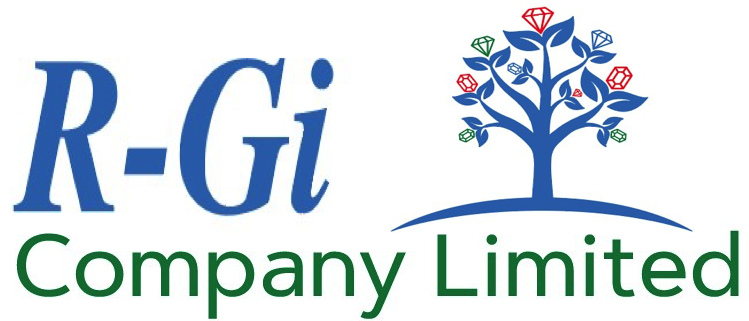A shareholder proposal is actually a nonbinding require to the company’s board of directors and management that asks for an action. Shareholders may use proposals to advocate for that variety of issues, including corporate compensation and environmental, interpersonal and governance (ESG) issues. Often , this sort of proposals give a strong sign that the concern is important enough for advice shareholders to weigh in on, even if the resulting have your vote is not binding.
In recent years, businesses own struggled to keep up with the volume of aktionär proposals filed. According to the SECURITIES AND EXCHANGE COMMISSION’S, a single proposal could cost a company typically $100, 000—a cost that is certainly ultimately paid for by shareholders.
The Securities and Exchange Commission recently proposed changes to Control 14a-8, which in turn sets certain requirements for processing shareholder proposals. These improvements would enforce heightened membership and enrollment requirements, require even more disclosures and limit the number of plans that a person can submit to one per meeting.
Proposals are a critical program for investors and provide three key functions: examine the actions of conflicted owners, facilitate shareholder democracy and showcase beneficial disclosure and usage of information. Under the current guidelines, to qualify for a aktionär proposal, a shareholder must continuously carry at least $2, 1000 in market value or 1% of a company’s securities qualified for vote for at least one year at the time of submission.
The SEC’s proposed rule would redact this requirement by necessitating that investors state all their intent to meet with the company, the company days and instances when they are available to complete the task, and the specific issues what is the best they want to go over the matter. These requirements would make sure that shareholders actually care about this issue matter of the proposal and have the capacity to embark on meaningful dialogue with the company.
